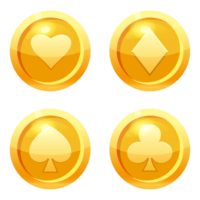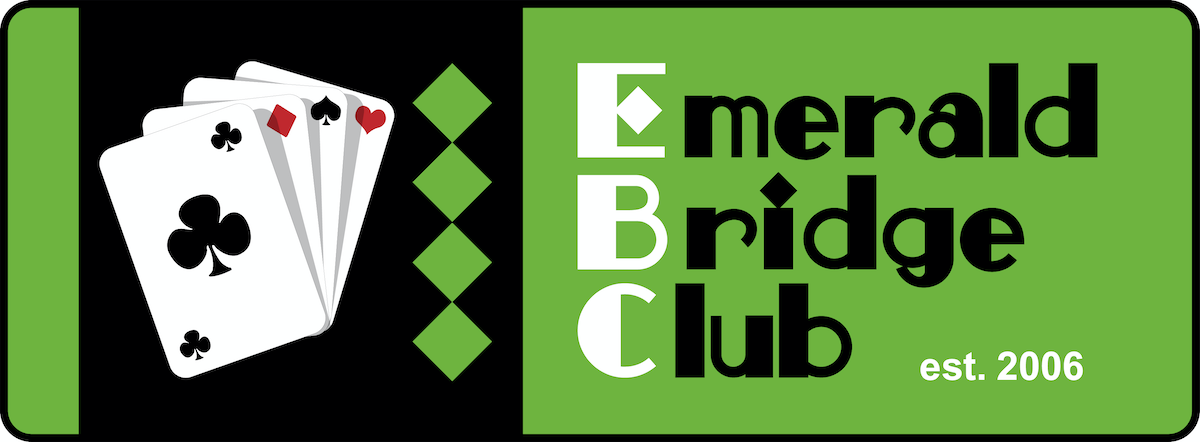Bridge can be a demanding and challenging game. It can bring out the best and, alas, the worst in all of us. With this in mind, we hope you will give some consideration to the following points. We also feel this page is very much a work-in-progress. We would love to hear from you items/thoughts that you think should be listed or discussed here.
“The best thing you can do to improve your Bridge game is be nice to your partner.” Curtis Cheek. National-level player.
Graciousness
- It is NEVER out of style.
- Always remember that your good board is someone’s bad board.
- Be careful per making comments at the table. How many times have we all been present where an opponent has complimented his/her partner on how well she/he played the hand when in fact, it was just a case of horrible defense? The hand was not well played at all…it was poorly defended. This is one of numerous examples that could be given. Complementing the opponents on their play is one thing. Self-congratulatory statements are often out of place and inappropriate. Save the high-fives for the appropriate time.
- If you are going to complement the opponents, make sure it is deserved and appropriate.
Alert & Stop Card
- EBC does not permit the use of the stop-card at the club. The reason for this is that we could not get some folks to understand the reason for using the stop-card. The stop-card is NOT used to ‘alert’ your partner to the fact that you are going to make a skip-bid. The stop-card is to let your LHO know that you are going to be making a skip-bid. After much effort to educate the offenders proved to be unsuccessful, we decided the best solution was simply to remove the stop-card from the bidding box. When a skip-bid has been, made it is still a requirement that the LHO must pause 8-10 seconds before taking a call.
- Per the ‘alert’ card, A CBL guidelines are very clear. The ‘alert’ is both a visual one and auditory. The proper procedure is to take the ‘alert’ card from the box, tap it on the board and announce, “Alert.”
- If you are not sure if a bid made by partner is alertable or not, then you must alert. Please do not say things like, “I think that might be an alert.” Just alert.
- When you provide an alert, never provide any information unless the opponents inquire.
- You may NEVER ask about the meaning of a bid for partner’s benefit.
Asking to See the Previous Trick
- Well, here is what is true. You are always permitted to look at your last trick assuming you have not led or played to the next trick.
- You may ask to see the cards played to the last trick by the other players as long as you have not turned your card face-down. Learn to develop the habit of not turning your card over until you are sure you have seen all the other cards played.
- It gets awkward to ask to see the opponents’ cards played to the last trick once you have turned your own card face down. No one wants to be rude. But it is true that once you turn your card face-down, you no longer are permitted to ask to see what cards were played to the previous trick.
“Doubled!!”
- Try to avoid pointing out to the opponents, when you have set them and the score is being entered, that the contract was “Doubled!” This can be quite irritating. Just quietly check the Bridgemate to ensure that the contract and result are correctly entered.
- There seems to be something about this phenomenon that the pair that has doubled the contact and then set the opponents, that is almost impossible to not point out that the contract was “DOUBLED!!” Look, everyone at the table knows it. Just let it go and accept your good board and move on.
Texting-Cell Phones
- We do not really need to discuss this one do we?
- Of course, there will be times when you will need to take a call during the game. Of course.
- Just in case everyone does not understand the policy…no cell phone usage during the game…especially no texting. Pleeezzzzze.
Slow-Play
- It’s rude. It’s unfair. When there is a round-timer in use, you have an obligation to self-monitor.
Pulled Boards
- EBC does not permit late-plays. A hand may not be started once the three-minute warning is given. EBC is also not interested in pulling boards.
- It is also true that Bridge is a timed-event.
- If a board is pulled, this is not a penalty. Really.You are not given a score on that board. You are simply scored on one less board played.
- It’s is interesting that most folks seem to feel that they would have done well on any board that is pulled. It is just as likely that ‘pulling the board’ could have saved you from a terrible result. It is possible.
The Basics…Very Basic
- Greet the opponents at the beginning of the round.
- At the end of the round, thank the opponents and wish them “Good Luck.” (Remember, they are now on your side versus your real opponents.)
- North controls and handles the boards. North may ask South to handle them. East-West should ask before handling boards.
- The only cards you may touch are your own.
- Always count your cards before looking at them.
- Don’t touch the bidding box until you are ready to make your call.
- The only time you may ask an opponent what a bid means is when it is your turn to make a call.
- When inquiring about the meaning of a bid, you must ask the partner of the bidder what it means.
- Know when to alert your partner’s bids.
- You may not alert your own bid or remind your partner to alert your bid.
- If you are on-lead to the first trick, put the lead face down and ask your partner if she/he has any questions before playing your card.
- A player may ask to see the last trick played only if he/she has not yet turned over his/her own card.
- When your partner fails to follow suit the first time ask, “no hearts, partner?” (or diamonds,etc.)
- Do not detach a card from your hand before it is your turn to play.
- Try and bid all hands with a consistent tempo. Avoid fast passes, doubles etc. All jump bids by your RHO must be followed by an appropriate hesitation (8-10 seconds) by the person whose turn it is next to take a call.
- Do not criticize your partner.
- Curtis Cheek: “The best thing you can do for your game is be nice to your partner.”
- And always, thank your partner at the end of the session for the game. Remember, they may also be thinking they wished that they had had a better partner.




